LPO, Jurowski, RFH


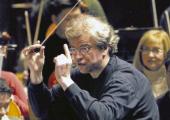
Whoever said it was better to journey than to arrive might have been thinking of Sibelius. The arrivals can be pretty spectacular – as here in Osmo Vänskä's tremendous account of the Second Symphony – but the getting there – or not – is what this music is all about. When Vänskä conducts Sibelius he doesn’t just traverse the musical landscape, he inhabits it, breathing it in, feeling its pull, overawed at the threshold of where sound becomes silence and vice versa. He is Sibelius’ eternal Wanderer. Barenboim may have stolen the column inches this week but Vänskä has stolen hearts and minds. Whether or not you have ever experienced his Sibelius – get thee to the two remaining concerts.
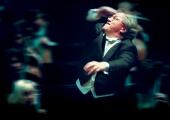
As was hoped, Osmo Vänskä, the livewire music director of the Minnesota Orchestra, showed us exactly why he's the greatest living Sibelian last night in the first concert of the London Philharmonic's Sibelius cycle. Ducking and diving, crouching and corralling, Vänskä worked the podium like some mad ant, scurrying now over to the violas, gesturing now manically to the horns, his hands rattling fiercely like a jilted Old Testament prophet, sculpting, harrying and rousing the orchestra to peaks and troughs of ecstasy and despair.
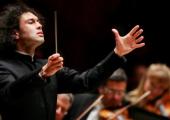
Laid-back Tenerife and Gran Canaria won't know what's hit them when the London Philharmonic Orchestra and its principal conductor Vladimir Jurowski land next week. The islands can expect to be sense-bombed by the jungly exuberance of Szymanowski and devastated by the scorched-earth tactics of Shostakovich at his most extreme. Even Londoners used to the highly sophisticated assaults of the city's most challenging orchestral partnership, and faced with the same programme last night, may have been taken aback by the keenly directed electricity of the occasion.

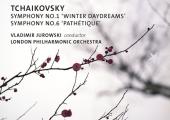
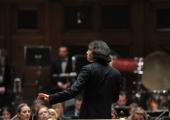
Eliot's "time future contained in time past" has been conductor Vladimir Jurowski's unofficial motto throughout a festival which has had to take itself very seriously, and managed miraculously to carry a surprisingly large, loyal audience of all ages and persuasions along with it. Such stringent conditions could hardly be otherwise given the focal point of an uncompromising genius.
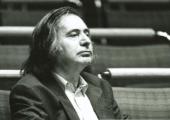
J S Bach was very much at the spiritual centre of this cunningly devised programme for the South Bank’s current Alfred Schnittke fest: Between Two Worlds. But by the time we emerged shaken but, in my case, not stirred by Schnittke’s preposterous 3rd Symphony the entire Austro-German symphonic legacy had flashed before our ears. Well, not flashed exactly, rather ground to a halt from a slow rewind of ever diminishing returns.
We Brucknerians aren't easy to please. Few musical partnerships get the official seal of approval. Horenstein and the BBC Symphony Orchestra, Wand and the Cologne Radio Symphony Orchestra, Böhm and the Vienna Philharmonic, Knappertsbusch and the Vienna Philharmonic. These are among the handful of collaborations that have gained a place in my Brucknerian pantheon. Last night’s performance of Bruckner’s Eighth Symphony, however, saw the London Philharmonic Orchestra and their French-Canadian guest conductor Yannick Nézet-Séguin catapult themselves into these exalted ranks.